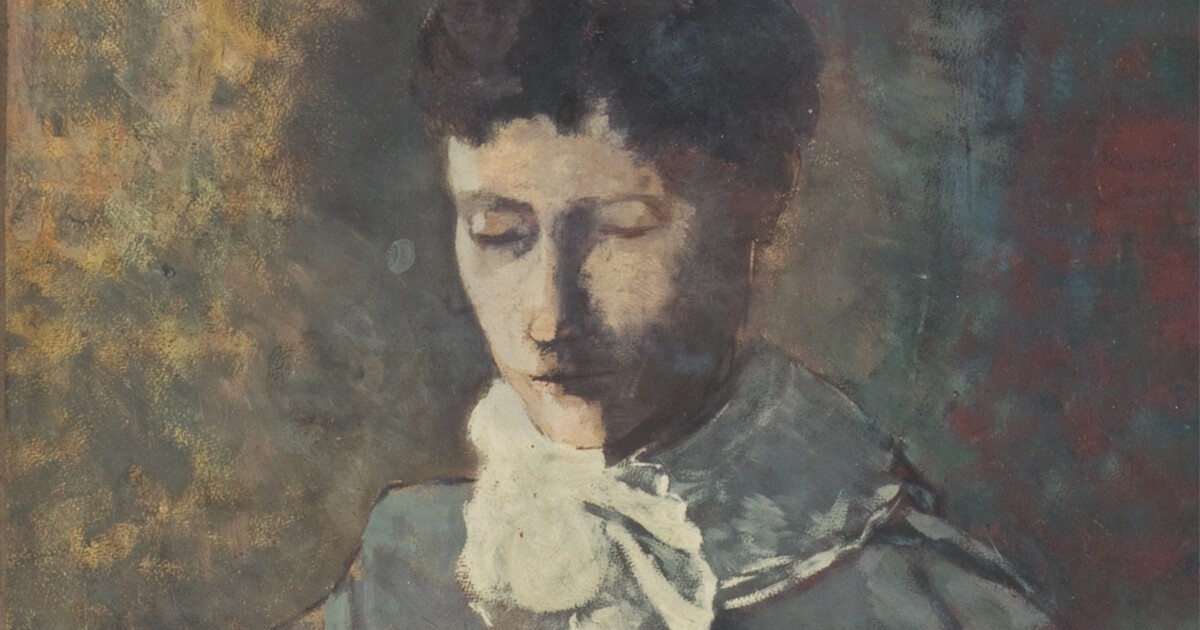Get the latest tech news
Why Make Art in the Dark?
New research transports us back to the shadowy firelight of ancient caves, imagining the minds and feelings of the artists
Charcoal drawings of stags, elegantly rendered in fluid lines, emerge under my torchlight as we squeeze through a tiny hidden entrance to a small chamber deep within Las Chimeneas cave in northern Spain. Certainly, since the earliest discovery of cave art in 1868 at Altamira in Spain, thousands of academic researchers haveused an arsenal of different approaches – from high-resolution 3D scanning to analogies with contemporary hunter-gatherer societies – to try to unlock the intentions of Ice Age artists. Altered states of consciousnessmay have facilitated communicating with ancestors, experiencing otherworldly psychedelic imagery, or coaxing animals out from a spirit world beyond the rocky surfaces of deep cave environments.
Or read this on Hacker News
